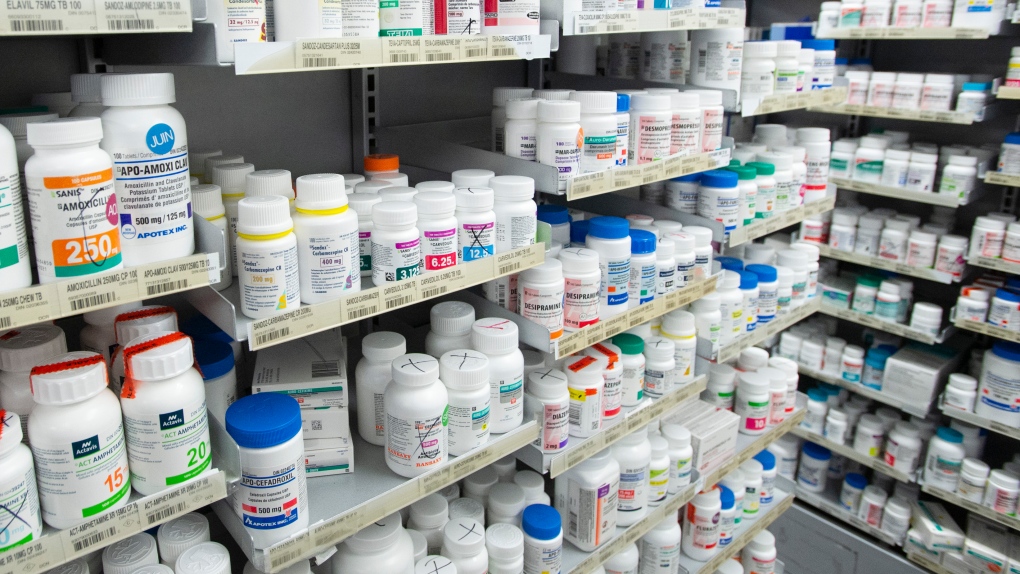Overall health-care costs could be reduced in Canada by providing free prescription drugs to patients, according to a new study.
Led by a researcher from the University of Toronto's medical school, the three-year study aimed to see how eliminating out-of-pocket medication fees would impact health-care system spending, particularly for patients who reported delaying or not taking prescription drugs due to costs.
"There are millions of Canadians who report not taking medications because of the costs," lead author and University of Toronto associate professor Dr. Nav Persaud told CTVNews.ca. "We were trying to measure the effects of providing people with free access to medicines, as would happen in a national pharmacare program."
The study tracked 786 adult patients at nine primary care sites in Ontario who were taking 128 different essential medicines that covered everything from diabetes to depression. In addition to prescriptions, total health-care cost calculations included emergency room trips, hospitalizations, home care, and visits with doctors and specialists.
Over three years, the study found that mean total health-care spending was reduced by $4,465 per patient, or $1,488 per person per year.
"If you multiply that out over the population, the savings would be much more than $1 billion annually in Canada, because there are estimates between two and four million people are not taking medications because of the cost," Persaud, who is also the Canada Research Chair in Health Justice and a staff physician and scientist at St. Michael's Hospital in Toronto, said.
Hospitalizations and intensive care unit stays represented the largest costs in the study.
"You could imagine patients who are better able to access their asthma or [chronic obstructive pulmonary disease] treatments being less likely to go to the emergency department or get admitted to the hospital," Persaud explained. "Then there could be more extreme cases, like someone with type one diabetes who's dependent on insulin: they might be admitted to the hospital ICU, that stay might cost $10,000, and then they get discharged with a box of insulin, but it only lasts a month or so, and then they land back in the hospital or the ICU."
The peer-reviewed study was published Friday by the Journal of the American Medical Association's Health Forum.
"These findings suggest that eliminating out-of-pocket medication costs for patients could reduce overall costs of health care," the study concluded. "This randomized clinical trial of an intervention has clear policy implications, and it provides information about total health care costs using routinely collected administrative data."
Canada is the only country in the world that has a universal health-care system without universal coverage for prescription drugs. Known as pharmacare, such systems pay for or subsidize prescription drug purchases. While Prime Minister Justin Trudeau and the Liberal Party included universal pharmacare in their 2019 federal election platform, they have yet to fully act on the campaign promise.
Trudeau, who currently fronts a minority government, has been relying on NDP support to pass key legislation in what's known as a confidence-and-supply agreement. One of the NDP's conditions for that March 2022 agreement was the introduction of a legislative framework for pharmacare by the end of 2023. There was, however, no mention of pharmacare in the Liberals' 2023 federal budget, which was released in March.
"What we were able to force the government to do is what we could negotiate," federal NDP Leader Jagmeet Singh said at the time. "The Liberals don't seem to be as committed."
Persaud says while benefits to the health-care system are supported by a "mountain of evidence," pharmacare should also be viewed as "a human right."
"People who can't afford lifesaving treatments are going to bed tonight without these medications," Persaud said. "I think the main reason is lobbying by the pharmaceutical industry and the private insurance industry. For them, every dollar that pharmacare saves is a dollar less in revenue."






































